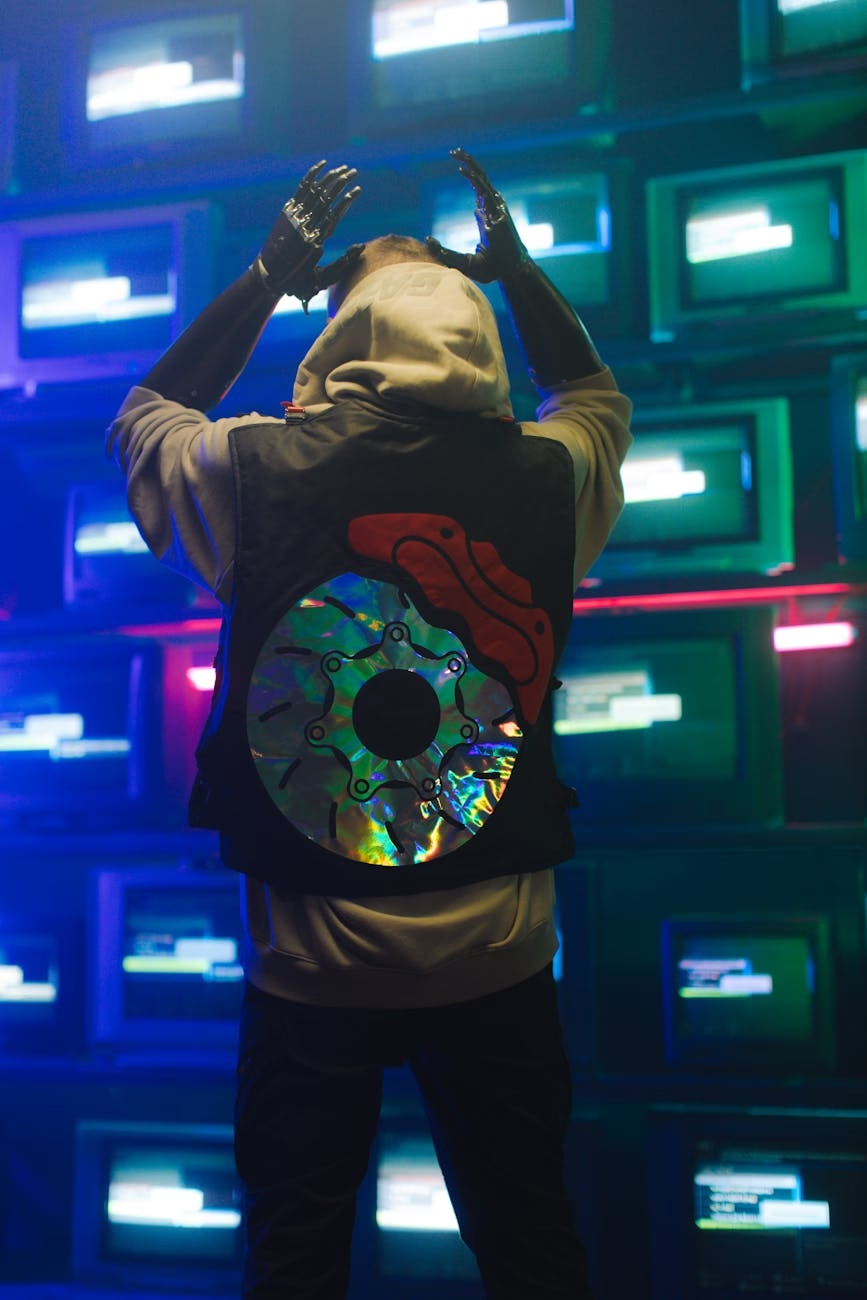H1: Brands Are Reconsidering Their AI Influencer Strategy
After years of rapid growth, AI influencers are losing momentum. Many major brands are now reducing partnerships with virtual personas, citing poor engagement and growing public distrust.
Recent data from influencer marketing platforms shows a 30% drop in AI influencer collaborations compared to 2024. While AI-generated creators once promised speed and efficiency, the results have failed to match expectations.
Why AI Influencers Are Losing Appeal
Lower Engagement and Weak ROI
AI influencers rarely achieve the emotional connection that human creators deliver. Their posts often appear too polished or algorithmic, which limits relatability. As a result, audience engagement rates are declining.
Marketing teams report that AI content doesn’t convert as well as human-driven campaigns. People may like the visuals, but they rarely comment, share, or purchase. In an age where authenticity drives conversions, synthetic personalities can feel hollow.
Growing Consumer Skepticism
Consumers today are more aware of digital manipulation. When they discover a post is AI-generated, some feel deceived. That reaction erodes trust not only in the influencer but also in the brand behind the campaign.
Several companies have learned this the hard way. In one case, a luxury skincare brand faced backlash when fans discovered their “new ambassador” was a completely artificial model. Within days, the campaign was pulled, and comments flooded social media accusing the brand of being “fake.”
The Backlash Against Artificial Influence
Authenticity Over Automation
The backlash isn’t just about aesthetics—it’s about authenticity. Audiences value imperfections, emotions, and real stories. AI influencers can’t replicate those qualities convincingly, at least not yet.
Moreover, using AI avatars in place of real people can appear tone-deaf. In industries like fashion and lifestyle, where representation and diversity matter, replacing humans with synthetic faces feels regressive to many consumers.
Risk for Brand Reputation
The risk goes beyond one failed campaign. A negative response to AI content can harm brand reputation and reduce future engagement. Therefore, brands are shifting focus back to human-led storytelling, often supported by AI tools in the background rather than front-facing synthetic personas.
The Hybrid Future — Human + AI Collaboration
Although brands are pulling back from fully AI-driven influencers, they aren’t abandoning artificial intelligence entirely. Instead, they’re moving toward a hybrid model.
Marketers now use AI for editing, scriptwriting, trend analysis, and visual optimization while keeping human influencers as the emotional core of campaigns. This approach combines authenticity with efficiency.
For example, an influencer might use AI to refine captions or analyze audience sentiment but still appear personally in videos. This balance maintains trust while improving workflow.
When AI Influencers Still Work
There are still spaces where AI influencers perform well. Tech companies, gaming brands, and futuristic fashion lines use them effectively in niche campaigns.
In these contexts, synthetic personas enhance the story rather than replace humans. They symbolize innovation and creativity, not artificiality. As long as brands remain transparent about using AI, audiences tend to react positively.
Looking Ahead
The early excitement around AI influencers is fading, but the technology isn’t disappearing. Instead, it’s evolving into something more practical.
Future success will depend on balance—combining human emotion with AI precision. The brands that adapt to this new landscape will thrive, while those relying on automation alone may lose credibility.
Ultimately, the message is clear: authenticity still wins. AI can amplify creativity, but it can’t replace human connection.


